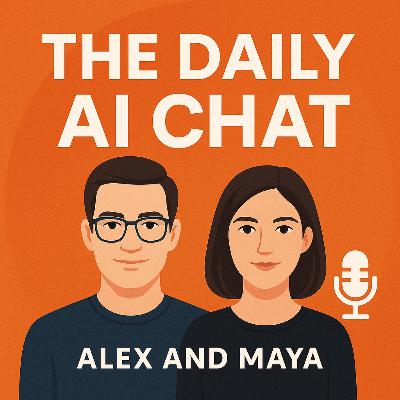Gene-Editing Meets Machine Learning: Controlling the Hype in Big Pharma Drug Discovery
Description
Discover the details of the $555 million deal between AstraZeneca and San Francisco-based biotech Algen Biotechnologies, highlighting the pharmaceutical industry’s aggressive investment in artificial intelligence (AI) to speed drug development. This agreement grants AstraZeneca exclusive rights to develop and commercialize therapies derived from the sophisticated gene-editing technology known as Crispr. Algen was spun out of the Berkeley lab where Crispr was developed by Jennifer Doudna, who won the Nobel Prize for chemistry in 2020 and now advises Algen.
Algen, which previously utilized machine learning for oncology treatments, will focus its partnership with AstraZeneca on immune system diseases. The collaboration seeks to identify specific immunology targets. While AI is increasingly sought by big pharma companies like AstraZeneca to save on costs and time, many view the amount of cash flooding into AI investments as a bubble. Jim Weatherall, AstraZeneca’s chief data scientist, acknowledges that they are currently in a "period of hype" and emphasizes introducing AI carefully as a tool for company scientists.
Commentary suggests that while the potential of AI is huge, it is "no magic bullet" for drug development. Currently, new drugs fail up to 90 per cent of the time when they reach clinical trials. According to Algen’s co-founder, Chun-Hao Huang, the work moves beyond simple data analysis; AI and Crispr are being paired together specifically to generate solutions. Despite the hype, the role of the pharma industry in AI remains very limited when focusing on early stage drug discovery. AstraZeneca’s strategy follows similar moves by other major companies; for example, Roche partnered with Nvidia in 2023 for drug development.





